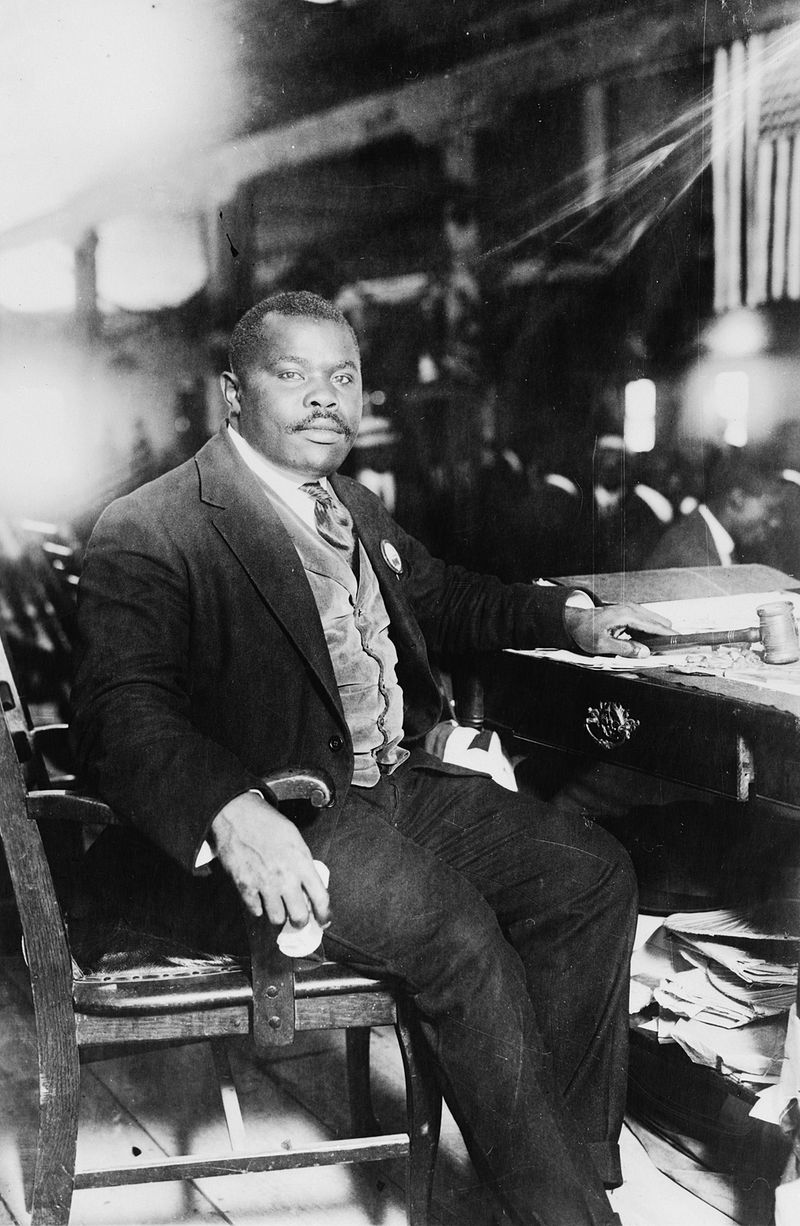Jesus prayed those words to His Father a few hours before His crucifixion. (John 17:17; see also Psalm 119:160: “The sum of your words is truth”). He probably meant all the thoughts the Father had ever communicated to His created image-bearers. He asked the Father to sanctify His disciples (set them apart) in the truth (ἀλήθεια, aletheia).
But He had also said, “I am the way (ὁδός, hodos), the truth, and the life (ζωή, zoe).” (John 14:6) So when He prayed “Your word (λόγος, logos) is truth,” Jesus could as easily also have meant Himself, for He is also the Word of God. (John 1:1) Not figuratively, or poetically, but actually. When Pilate asked Him, “What is truth?,” He denied him the privilege of hearing what Thomas heard: “I am [identical with] the truth and life.”
The Truth of God the Father is expressed in the Word. An excellent translation of the Greek λόγος (logos ) is “expression.” Jesus expresses or “projects” the Father perfectly to us. He’s the invisible God’s εἰκών (eikon) or express image (Colossians 1:15). Jesus, the Son of God, is the “exact imprint (χαρακτήρ, charakter) of God’s nature (hypostaseos, ὑποστάσεως, person, substance). That’s why “If you had known me you would have known my Father also.” (John 14: 7) He’s the perfect expression of the Father, His Character, His Truth.
Jesus’ life is the light (phos) of men (anthropos, not andros). (John 1:3) King David, whose son He was, was divinely inspired to express this insight into the organic link between illuminating Light and Life: “For with you is the fountain of life; in your light do we see light.” (Psalm 36:9)
If we love wisdom, the wisdom of God (the only wisdom worth seeking), then Jesus is our philosophical (wisdom-loving) GPS.
Jesus declared that “there will be more joy in heaven over one sinner who repents than over ninety-nine righteous persons who need no repentance.” (Luke 15:7) But as great as that joy is, “I have no greater joy than to hear that my children are walking in the truth,” wrote the Apostle John under divine inspiration. (3 John 1:4)
How often do our lives occasion this joy in God?

 On August 13, 1920 Marcus Garvey presided at the convention of the United Negro Improvement Association held at Madison Square Garden in New York City. There he promulgated the
On August 13, 1920 Marcus Garvey presided at the convention of the United Negro Improvement Association held at Madison Square Garden in New York City. There he promulgated the 
 A Catholic Challenge to Modern Atheism is the subtitle of
A Catholic Challenge to Modern Atheism is the subtitle of 

 The Apostle Paul speaks of “gnosis falsely so called” (1 Timothy 6:20). Why not also “philosophy falsely so called”? How would that differ from philosophy according to the elements of this world? (Colossians 2:8)
The Apostle Paul speaks of “gnosis falsely so called” (1 Timothy 6:20). Why not also “philosophy falsely so called”? How would that differ from philosophy according to the elements of this world? (Colossians 2:8)